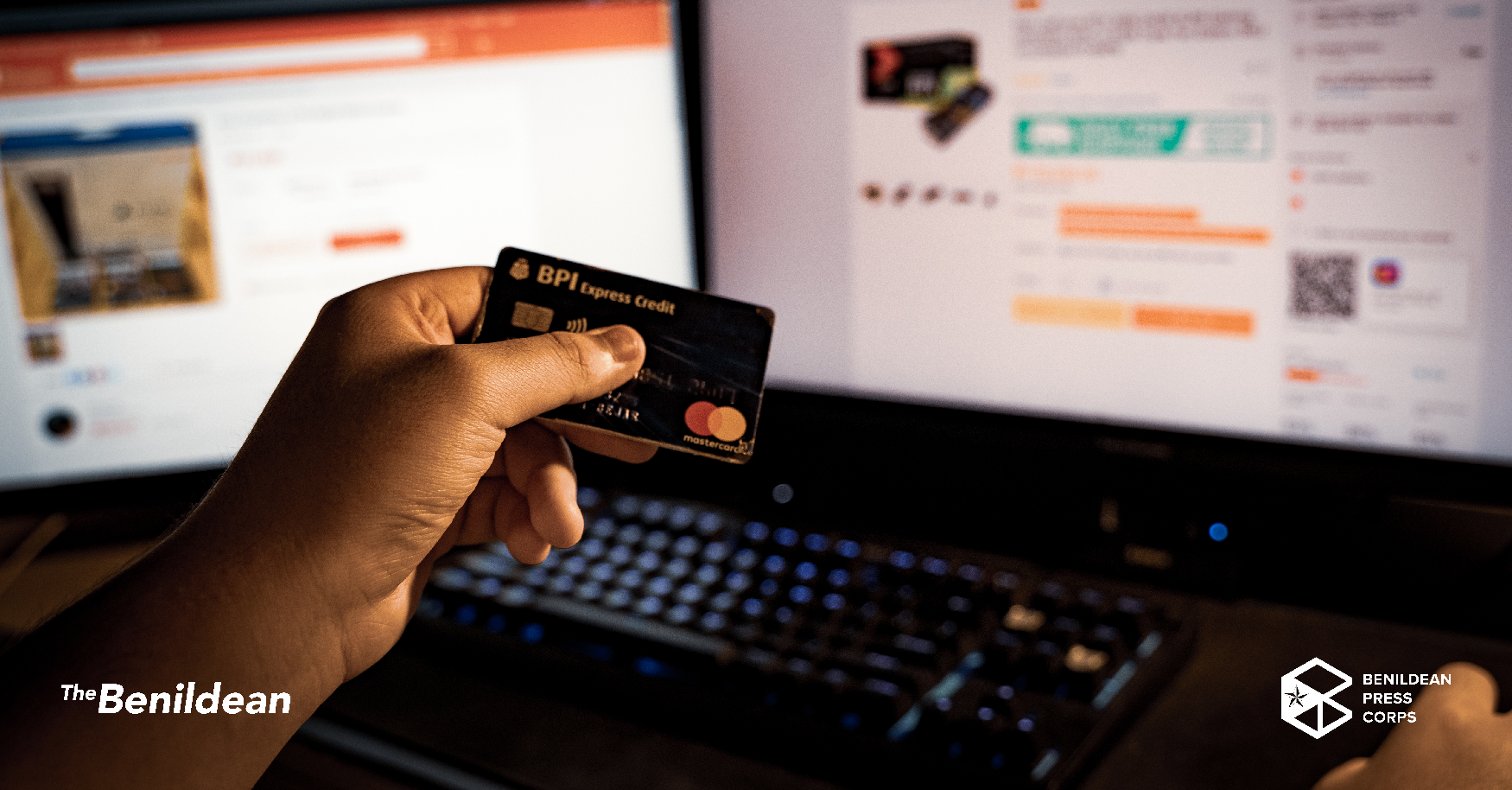No matter what sector, drastic changes were implemented when the pandemic hit, leaving most with no choice but to adjust—be it in work, education, leisure, and commerce. As we are trying to rise up again, here are some of the changes we can expect.
Dealing with purchases
More robust than traditional outlets, the Philippines is having its ongoing e-commerce revolution as it allows people to avail products in the safety of their homes via online means.
Compared to other economic sectors, e-commerce has grown predominantly with the preference of people shifting to online selling and shopping. While people were panic-buying in supermarkets during quarantine, the trend of direct online transactions for household supplies, and retail sales, such as on agri-business, has increased.
While there has been a huge shift to e-commerce during the pandemic, consumers still have the desire for social interaction which might urge them to physically purchase from stores.
Adobe Analytics reported a 28% increase on the “Buy Online, Pick up In-store” (BOPIS) setup last February 2020 compared to its previous month. This click-and-collect shopping practice may remain as retailers continue to look for ways to improve their in-store experience. More so, 56% of the consumers stated their intention to use BOPIS even amid post-pandemic times, according to the report titled “Adapting to the next normal in retail: The customer experience imperative.”
International company Deloitte, with a global network of firms, discussed with retail executives and specialists that retail tech solutions and digital omnichannel experiences will rise in the post-pandemic era. Deployment of artificial intelligence in digital channels, separation of the “online ordering workforce from in-store shoppers,” products presented in showrooms, and cashier-less stores may be the future of the retail industry.
Stuck behind the laptop screens
Meanwhile, Commission on Higher Education (CHED) Chairman Prospero “Popoy” de Vera explained that flexible learning will be the present norm, "There is no going back to the traditional, full-packed face-to-face classrooms.”
CHED has adopted a policy regarding flexible learning for the school year, implying how the face-to-face classes paradigm will disappear. Popular online conferencing platforms, such as Zoom, Google Meet, and Microsoft Teams, will continue to be used for synchronous classes. Modules will remain a requirement for asynchronous learning.
For programs that would require technical and lab courses, the flexible learning system will be implemented and will vary depending on the courses taken by the students. This includes various methods for those considered “depending on the situation,” such as medical and healthcare students, who may opt to attend limited face-to-face classes.
In a webinar of a leading online educational solutions provider ClassIn, it was explained that technology will not serve as a “band-aid solution” but rather, a continued educational medium. A hybrid model of education is expected; where learners will have more dynamic learning hubs towards an exchange of “responsive, adaptable, and technologically advanced student-teacher learning” with proper considerations.
So, what’s next?
In July 2020, a Dentsu Aegis Network report titled “Looking Forward: Predictions Post-Lockdown and Beyond” predicted the possible key mindset and trends that will define the lives of Filipinos moving forward. It said that the drastic shifts on cultural norms and realities include: collective Posttraumatic stress disorder (PTSD), cautious exploration, a spotlight on the local government units (LGUs), focus on healthcare, support for disenfranchised, and inclusive lead progress to be brought by the Generation Z among others.
Just like the past Industrial Revolution and world wars, society will reconfigure itself where the end line will transform according to the pivots, away from the old ways of the country’s mundane scene.
University of the Philippines Diliman Sociology instructor Ash Presto believes that people should expect to see improvements in medical and state institutions as a result of the crisis, which leads to a more vigilant citizenry; from being warrier in having proper etiquette whilst coughing to even the act of respect through pagmamano.
In a Rappler article, “thought leaders” said that they see the need for democratizing health in the post-pandemic era. Filipinos may be more health-conscious, health experts' roles may increase, and households may conduct evidence-informed health interventions.
As we live in a globalized world, coping with the technological advances amidst the pandemic is put into the spotlight. However, a year has passed, but the changes continue.
Full restoration may be a little longer to expect—but the challenge is up to us to adapt.
This article is also published in The Benildean Volume 7 Issue No. 2: Restored.


